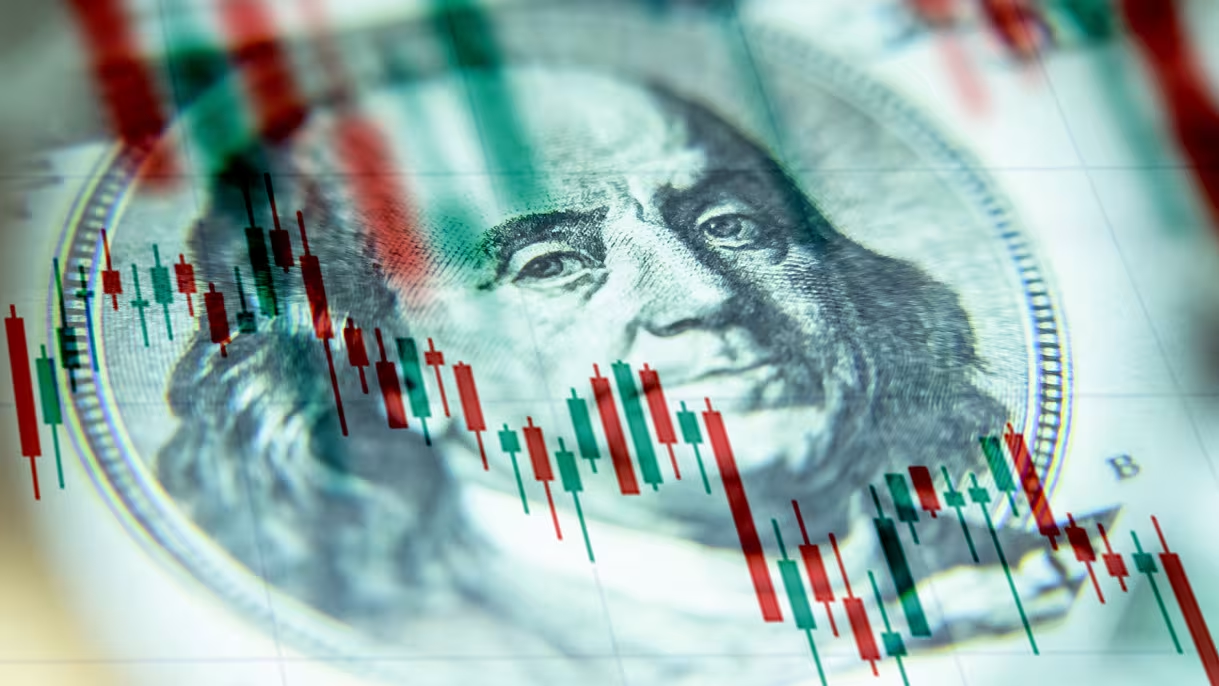

SPIA Reacts: The United States’ Credit Rating Takes a Hit
Last week, Fitch Ratings downgraded the United States’ credit rating from AAA to AA+. The agency cited the recent standoff over raising the country’s debt ceiling, the country’s debt burden, and the January 6, 2021, insurrection at the Capitol.
 Layna Mosley, a professor of politics and international affairs in the Princeton School of Public and International Affairs, offered an analysis of the situation:
Layna Mosley, a professor of politics and international affairs in the Princeton School of Public and International Affairs, offered an analysis of the situation:
Sovereign credit ratings ultimately are intended to measure the risk of a default – that a country will not repay (or, more modestly, will erode the real value of) its borrowing obligations. Credit ratings agencies therefore make judgements about countries’ future economic and political trajectories, summarized in a ratings score. These ratings are quite varied (and variable) for emerging and frontier market countries, but usually similar (and stable) for wealthy democracies such as the U.S.
This is not the first time that a credit ratings agency has downgraded the United States’ sovereign rating. Standard & Poor’s did so, for instance, in August 2011, in the wake of an earlier fight over the debt ceiling. That downgrade had few consequences for the ability of the U.S. government to borrow, not least because global interest rates were – and remained – quite low.
This downgrade is a bit different, as it comes at a time of greater risk aversion in global markets. It also comes not only as a function of the recent fight over the debt ceiling, but also in response to broader “governance deterioration.” A little over a year ago, Fitch Ratings changed its outlook for the U.S. from “stable” to “negative,” citing the refusal of former President Trump to concede after the 2020 election. Although members of the Biden administration have voiced their frustration with the ratings downgrade – they point out that governance has improved under the current administration, and they take issue with being punished for their predecessor’s behavior – it is understandable in light of continuing threats to the democratic process in the U.S.
Fitch isn’t claiming that the U.S. has experienced a dramatic increase in political risk or a marked amount of democratic backsliding. Rather, the downgrade implies that they are worried that such things may occur – especially, one might expect, as the 2024 election campaign cycle heats up, and as cases against former President Trump and others involved in the January 6 insurrection make their way through the legal system. As such, the downgrade points to the very real economic and financial risks – often discussed in the context of other countries, but present in the U.S. as well – of democratic backsliding. In this sense, I share their concerns — investors and others may be too sanguine about the continued risk of democratic backsliding in the US, especially as the 2024 election approaches.
SPIA Reacts is an ongoing series of faculty members’ analyses of current events. The views they express are their own.

